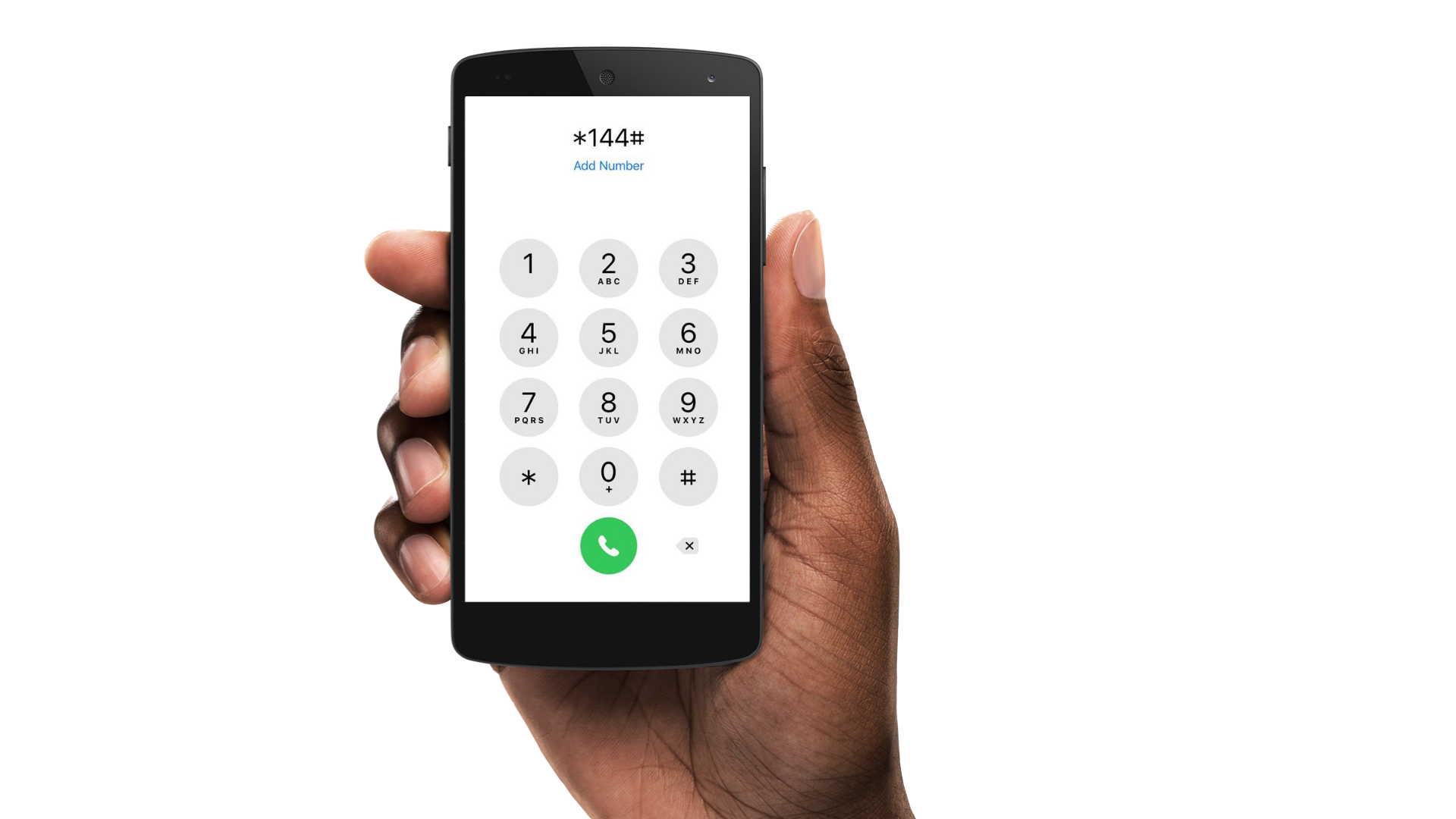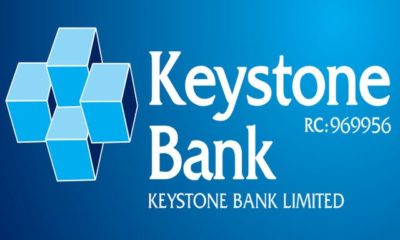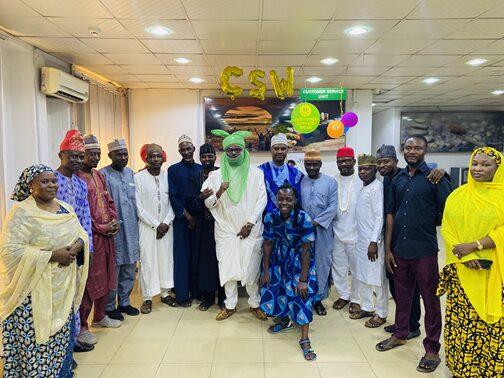The total debts owed by banks to telecommunications service providers arising from the use of Unstructured Supplementary Service Data (USSD) have risen from N42 billion to N47billion.
USSD is a Global System for Mobile Communications (GSM) protocol that is used to send text messages. USSD is similar to Short Message Service (SMS) but in the banking industry, allows users without a smartphone or data and internet connection to do mobile banking through the use of codes. USSD-based mobile banking can be used for fund transfers, checking account balance, generating bank statement, among other uses.
The huge debts came as a result of deductions made by way of commission by the banks during the course of banking transactions but were never remitted to the telecoms operators that own the infrastructure on which the transactions rode.
An industry source, who spoke on condition of anonymity, lamented the helplessness of the operators to take a decisive action on the issue.
“The debts have grown sharply from N42 billion to N47 billion and it will continue to grow because bank customers will continue to use our platform to carry out convenient banking services. The impact of the N47 billion debt on the industry is significant, especially now that private and public organisations are counting the cost of the COVID-19 pandemic,” the source said.
According to the source, banks are emboldened by the support they are getting from the Central Bank of Nigeria (CBN) Governor, Godwin Emefiele, adding that it is that support that has bred impunity.
“Unfortunately, after the last spat we had the Minister of Communications and Digital Economy, Dr Ibrahim Pantami, Emefiele, the banks CEOs and the MNOs met to settle the matter. The resolution was that the status quo ante be retained.This regulatory intervention has tied the hands of the MNOs because they would not want to be seen as being recalcitrant. The MNOs wish they too could get the type of support the banks are getting,” the source added.
Early last month, the banks denied being indebted to MTN Nigeria and other MNOs for using telecommunication platforms to provide payment services.
“There is no such thing as an obligation due from banks to telcos. We chose not to make a public statement out of it because it is not appropriate for us to be found fighting with telcos in public,” Chief Executive Officer of Access Bank Plc, Herbert Wigwe, had said on an investor call in Lagos.
Wigwe is the head of a team of bank CEOs that has been in discussion with MTN Nigeria to resolve a dispute that led some banks to cut off the company from their banking platforms last week. This was after MTN, the West African nation’s biggest telecom services provider, reduced a commission charged on airtime purchases through banking channels by almost half to 2.5 per cent.
The Chairman of the Association of Licensed Telecoms Operators of Nigeria (ALTON), Gbenga Adebayo, had maintained that at a meeting with CBN and the Nigerian Communications Commission (NCC) terms of the settlement had been discussed and would be agreed in an MoU with both regulators.
“We also don’t want to join issues with the banks but the fact remains that the banks used the USSD channels over more than a year without paying and they can’t deny that the USSD channels services were not made available to them by the telcos.
“The banks debited their customers for use of the USSD channels and they did not pay the telcos for the use of the services.
“They cannot enjoy a service and would not pay. Because no service is free. Not even the banking services offered to telcos.”
Adebayo said the debt remained outstanding and the banks have to pay the telcos because it has become a moral burden since the banks used the services, debited their customers’ accounts but refused to pay the telcos.
The ALTON boss said telcos hoped that the regulators (CBN and NCC) having intervened by preventing operators to disconnect the USSD services will resolve the lingering debt issues.
According to him, the banks owed the operators “and they will pay. Otherwise, let us ask them where the money is deducted for USSD services from their customers. You and I know we were charged for USSD transactions, what is the deduction meant for?”
MTN Nigeria had accused the banks of owing it N40.3 billion as at the end of first quarter of the year, according to its financial reports for the first quarter ended March 31, 2021.
MTN Nigeria Chief executive Officer (CEO), Karl Toriola had said: “As at the end of Q1, N40.3 billion was due to MTN Nigeria. In the meantime, we continue to account for USSD revenue on a cash basis.
“We continue to engage with the NCC, Central Bank of Nigeria (CBN) and deposit money banks (DMBs) to conclude the operational modalities for the new pricing framework that has been agreed upon for USSD services. The mechanism for and timing of the recovery of the industry-wide outstanding debts that exist for USSD services provided to the DMBs form part of this process.”


 Naira4 weeks ago
Naira4 weeks ago
 News3 weeks ago
News3 weeks ago
 Education4 weeks ago
Education4 weeks ago
 Social Media4 weeks ago
Social Media4 weeks ago
 Economy4 weeks ago
Economy4 weeks ago
 Investment4 weeks ago
Investment4 weeks ago
 Dividends4 weeks ago
Dividends4 weeks ago
 Business3 weeks ago
Business3 weeks ago




























